TU/e MSc academic award nominees
Investigating the Composition of Tin Vapor
APPLIED PHYSICS
I shoot with lasers on tiny tin droplets to make an extreme type of light. Why? Because this light is used to make the next generation of chips, for our computers, phones, and more. And I want to make that process more efficient.
It is insane to me that we can make EUV light with a wavelength of just 13.5 nm in a controlled way. Clearly, the marketing people agreed since they named it both Extreme and Ultra!
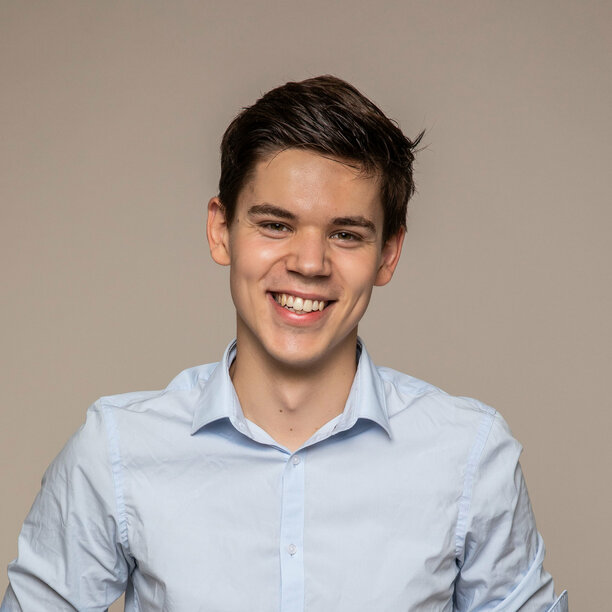
Dion Engels MSc
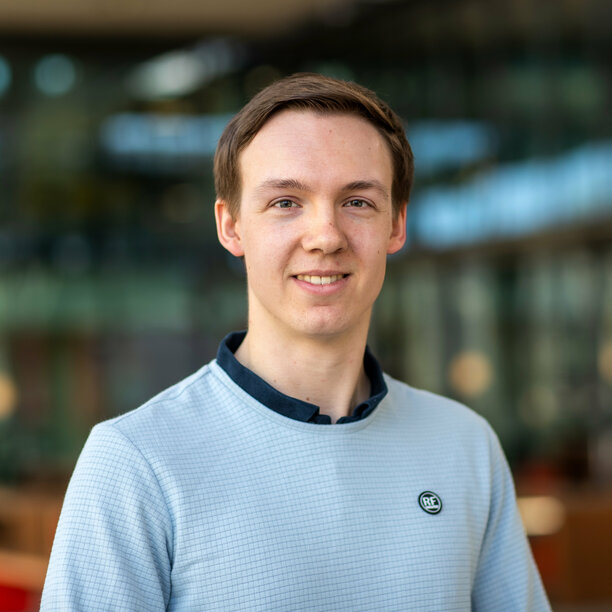
Jorn van Kampen MSc
Maximum-distance Race Strategies for a Fully Electric Endurance Race Car
AUTOMOTIVE TECHNOLOGY
Making optimal use of the battery energy stored in electric race cars is of paramount importance. We designed a method that tells us the most energy efficient way of driving and how we should plan our fast-charging sessions. Yet it can also calculate how to get to your holiday destination as fast as possible in a conventional electric car.
The most intriguing thing about electric racing is the paradoxical philosophy. To go faster, you have to drive slower.
Real-time estimation of cardiac model parameters
BIOMEDICAL ENGINEERING
We developed a method to estimate the heart’s pumping capacity in heart failure patients treated in Intensive Care Units. The estimation helps the IC clinicians to decide on treatment options for critically ill patients. The method is currently functional in a lab environment and needs further refinement for clinical application.
I believe digital twin technology can improve patient-specific decision-making.
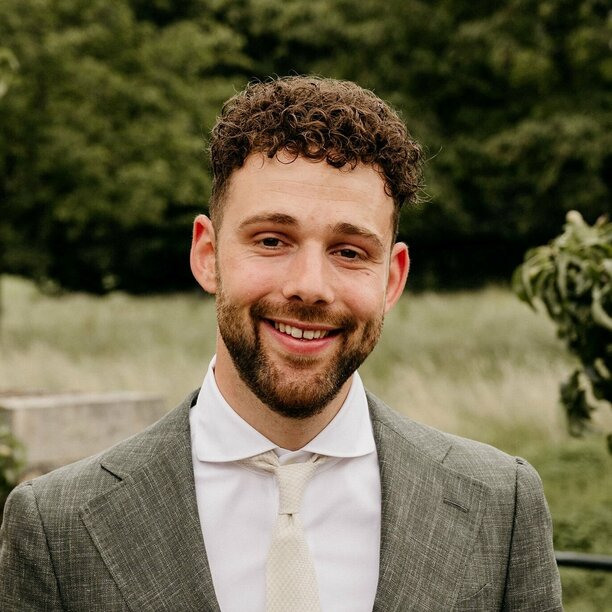
Stan Snijders MSc
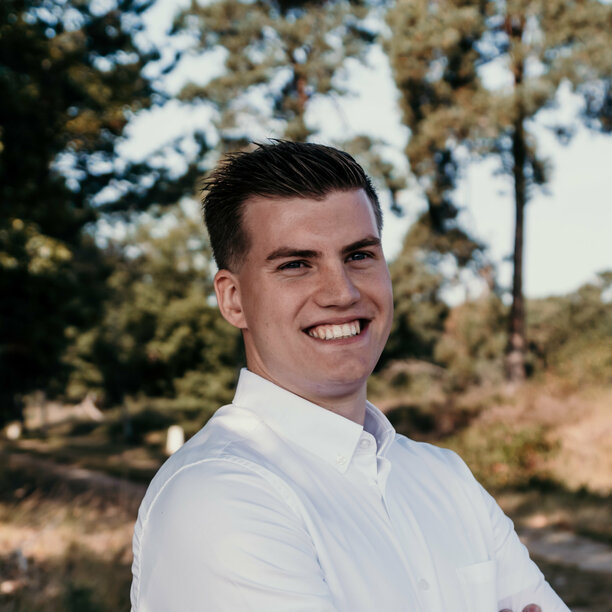
Rowin Bol MSc
Multi-Scale Material Modelling - Application in Topology Optimization of Structure
BUILT ENVIRONMENT
3D concrete printing has the potential to fabricate structures with any shape. In this project, I developed numerical models for the optimization of concrete structures that account for the material’s weak tensile strength. The optimized topologies are more efficient concrete structures with elegant, 3D printed shapes that use little material. .
Education Enriches Your Life – It Always Adds, it Never Subtracts. (Walter Lewin)
The theoretical evaluation of the relevant mass and heat transfer phenomena at different scales in a packed bed membrane reactor for the CO2 conversion to dimethyl ether
CHEMICAL ENGINEERING & CHEMISTRY
The capture and utilization of CO2 is a big challenge for our current society. Luckily, many projects tackle this problem. In Dunkirk, a small factory is constructed that converts CO2 to fuels for heavy transport. My project focused on modelling and improving the design of the reactor for this factory.
Innovation is crucial for the energy transition, but the biggest challenge is implementing the successful technologies.
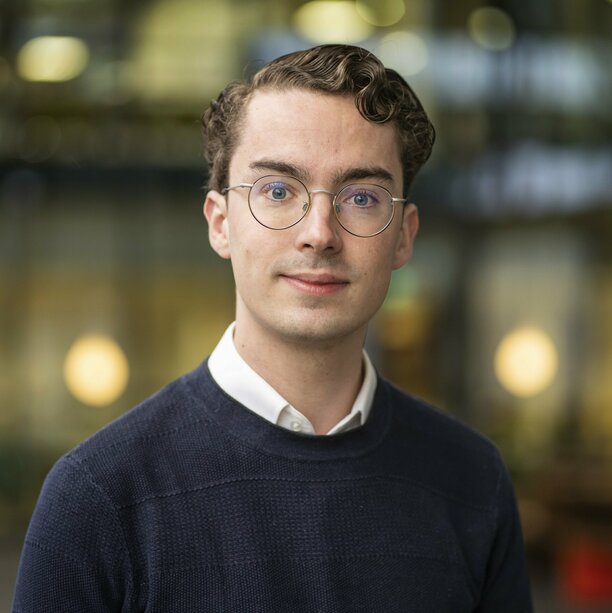
Huub van den Bogaard MSc
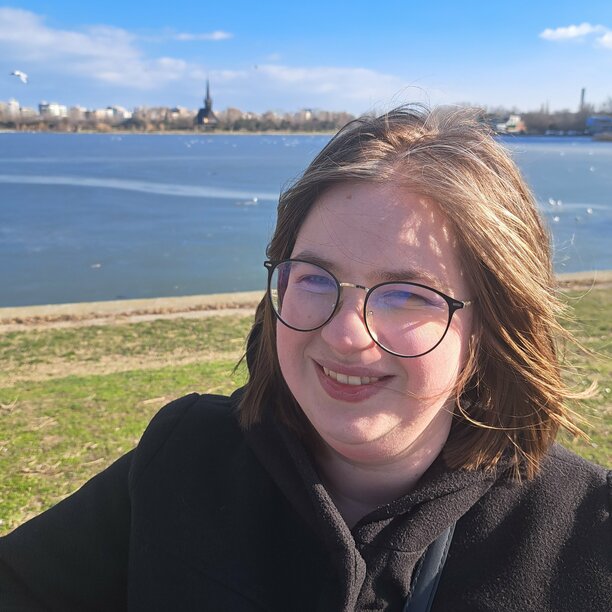
Sterre van Breukelen MSc
The survivorship of older women in software development: an intersection between age and gender
COMPUTER SCIENCE AND ENGINEERING
50% of women in tech leave the industry during their career, which is a loss for the industry and for society. When women leave, we lose knowledge and diversity, which can hurt innovation. So it is beneficial to help women stay. Our research found strategies that could help (older) women survive software development.
Just be yourself, that is good enough.
A Weighted Finite-Alphabet Message Passing Decoder for High-Speed Optical Communication
ELECTRICAL ENGINEERING
Providing reliable transmission at high data rates with minimal complexity is a challenge in fiber optical communication systems. I introduced the Weighted Sign-Preserving Min-Sum (WSP-MS) decoder, a low-complexity iterative decoder for LDPC codes. It can outperform existing decoders, mitigate error floors, and offer valuable insights for energy efficient optical communication systems.
Building the future, one algorithm at a time.
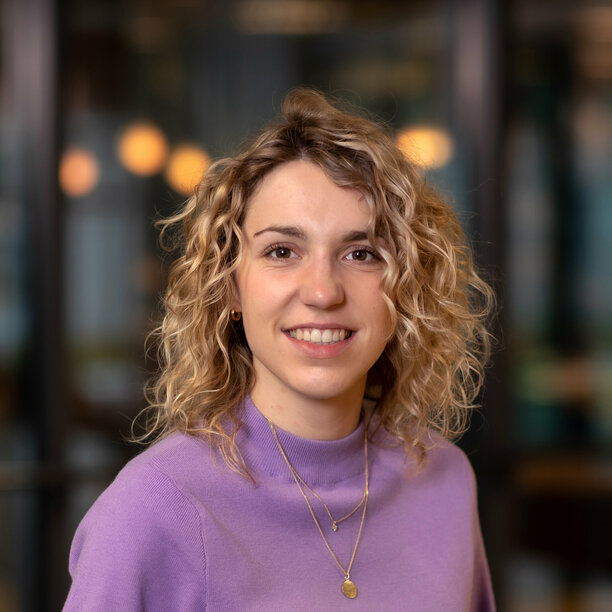
Lotte Paulissen MSc
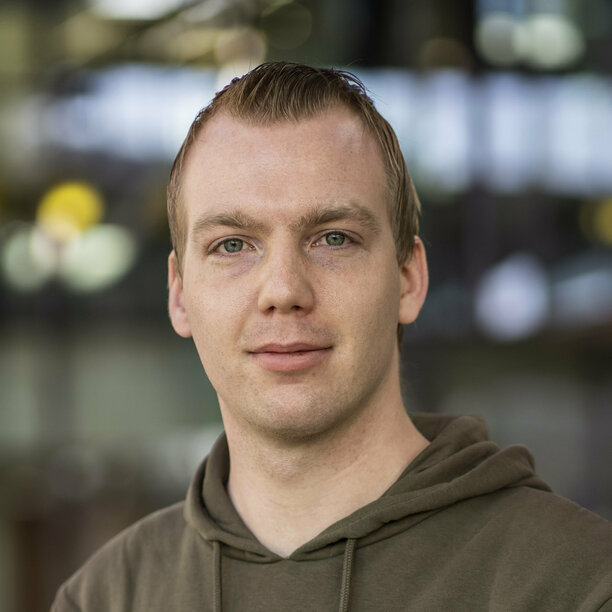
Sten Wessels MSc
Handling Sub-symmetries in Integer Linear Programming using Activation Handlers
INDUSTRIAL AND APPLIED MATHEMATICS
In industry and academia, the massive growth in the usage of data makes finding optimal decisions in a limited amount of time challenging. In this project, we developed a tool to exploit new kinds of symmetries to find optimal solutions, which substantially reduces solving time compared to the current state-of-the-art.
Accessible and explainable science with open source implementations are essential to achieve fairness.
Exploring the Tangibility of Intelligent Agents through Shape-change in the Context of Shopping Clothes Online
INDUSTRIAL DESIGN
This research explores making intelligent agents tangible through shape-change in the context of shopping clothes online. The prototypes created from this study serve as inspiration for future concepts in intelligent agents and shape-changing interfaces. The combination of shape-change and AI creates transparent and understandable intelligent agents for the future.
Interactive materials are the future, revolutionizing the way we interact with our surroundings.
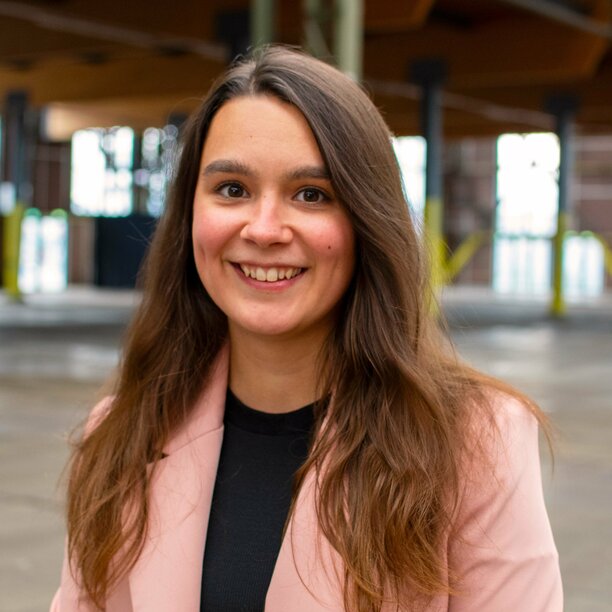
Verindi Vekemans MSc
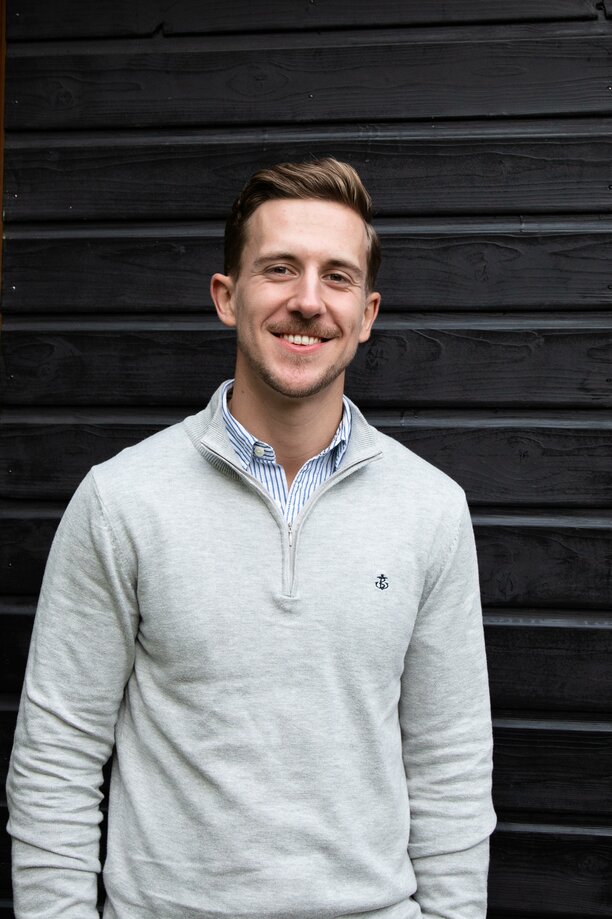
Remco Coppens MSc
Learning to improve evolutionary computation for a Warehouse Design and Control Problem
INDUSTRIAL ENGINEERING
Solving real-world optimization problems requires simplifying reality, often resulting in inaccurate and suboptimal solutions. Our AI-powered, generic solution framework accelerates the optimization process, reducing computations by 75% without negatively affecting the solution quality. Alleviating the need for simplifications. This framework enables users to efficiently attain realistic and operationally relevant solutions.
Everything should be made as simple as possible, but not simpler. (Albert Einstein )
Liquid absorption into porous media
MECHANICAL ENGINEERING
Most of the printing industry worldwide still uses oil-based inks which contain air pollutants and heavy chemicals that are detrimental for human health and the environment. The goal is to develop new environmentally friendly, water-based inks. My research contributes to this development by modelling the absorption of water-based liquids into paper.
Developing new environmentally-friendly water-based inks by understanding the absorption of liquid into porous media.
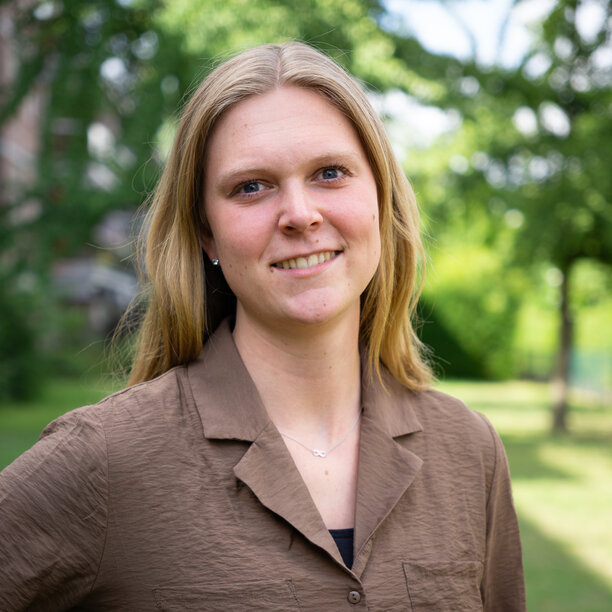
Mirthe Mampaey MSc